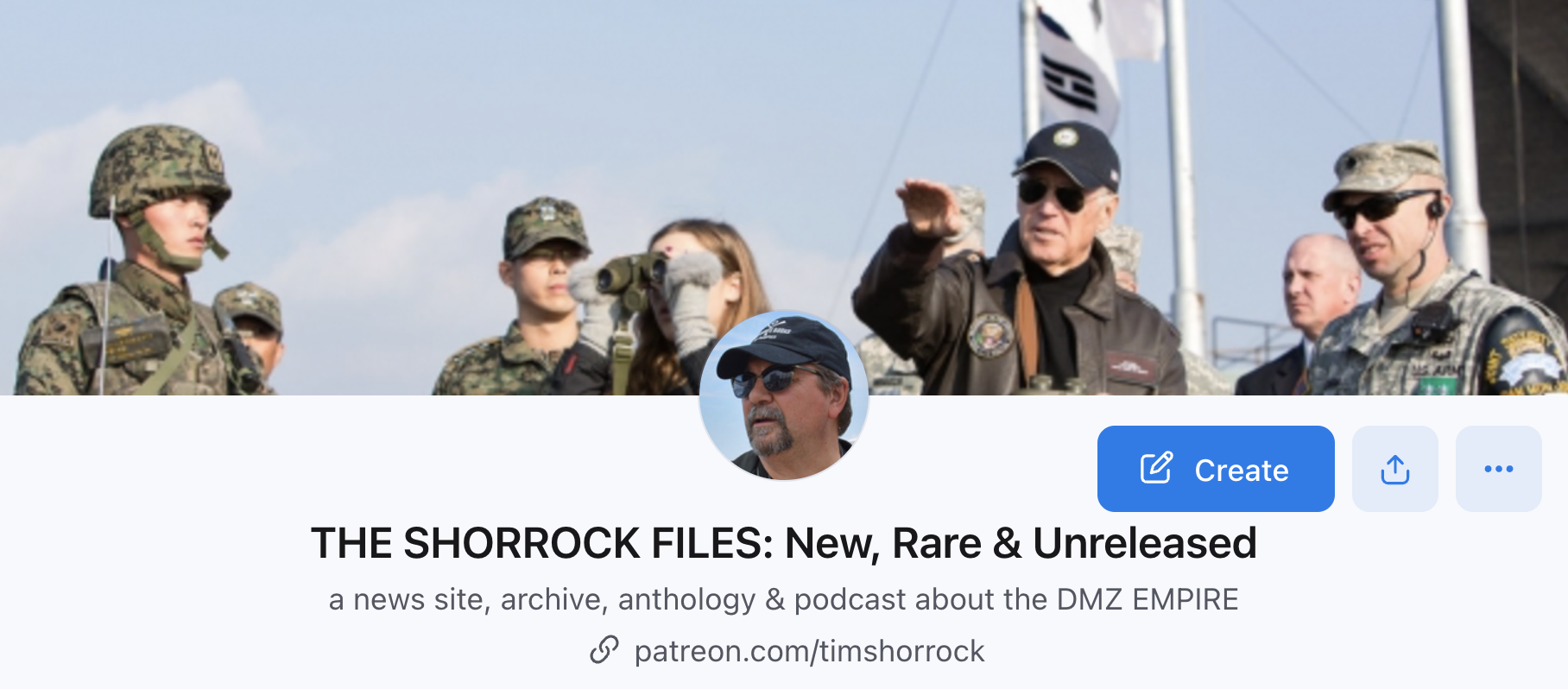During a visit to South Korea in 2008, U.S. congressman Dana Rohrabacher (R-CA) floated a proposal for the Korean government to send up to 30,000 mercenaries to serve as “constables” in Iraq, according to a diplomatic cable released last month by WikiLeaks.
Rohrabacher, one of the most conservative members of the U.S. Congress, also told Korean lawmakers that the would-be mercenaries would play a similar role to Blackwater, the notorious U.S. company that has been deeply involved in U.S. wars in Iraq, Afghanistan, Pakistan and elsewhere, the State Department cable stated.
“Much like the USG’s (U.S. government’s) use of government contract personnel such as Blackwater or Triple Canopy, the ROK could form a private company to organize, recruit and train a Korean constable force” in Iraq, he told ROK Foreign Minister Yu Myung-hwan and other members of the Korean National Assembly in March 2008.
The proposal was never seriously entertained. In a separate meeting with Rohrabacher, a Korean lawmaker, Rep. Park Jin, said that “many in the Korean public would view the Congressman’s proposal as the ROK sending ‘mercenaries’ on behalf of the U.S.” But Rohrabacher pushed back, insisting that “even though the term ‘mercenary’ had a negative connotation, the principle was sound; it really meant trained professionals who had military experience and adequate weapons and tactical equipment.”
He also argued that sending the paid constables would give South Korea “a chance to show its support for the U.S. and Iraq” and “provide employment for many of Korea’s younger generation.” It would also “pave the way” for “better business relations between Korean and Iraq.”
South Korea is extremely sensitive about its ties to past U.S. wars. During the U.S. war in Vietnam, the ROK sent over 300,000 combat troops and Special Forces to fight alongside U.S. forces in South Vietnam. The Korean troops were notorious for atrocities committed against Vietnamese civilians and were used by the United States to terrorize the rural population. In recent years, many Korean veterans have returned to Vietnam to apologize for their behavior and seek reconciliation with the Vietnamese people.
As the Los Angeles Times noted in 1989, “South Korea was ruled from 1980 to 1987 by a dictator named Chun Doo Hwan, a former general whose soldiering career was made in Vietnam. Chun’s successor as president, former Gen. Roh Tae Woo, also served in the Vietnam expeditionary force.”
Click here to read the Rohrabacher cable in full.
